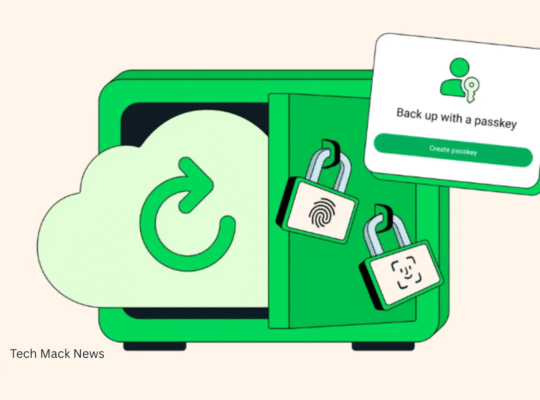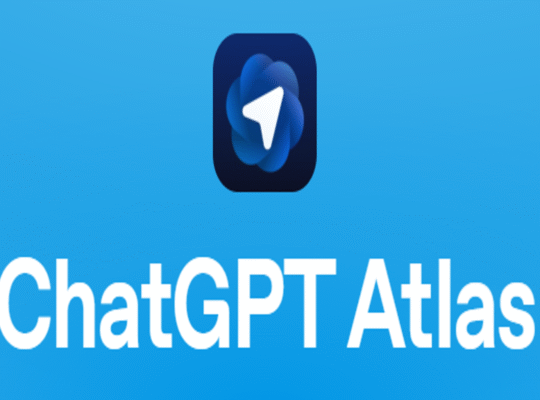OpenAI has acquired Software Applications, Inc., the small startup behind an unreleased Mac app called Sky — an AI-powered interface designed to work directly on the desktop. The company confirmed the deal on Thursday but didn’t disclose terms.
Sky was built as a natural language layer for macOS — an assistant that sits quietly on your screen and helps you with whatever you’re doing, from writing emails to coding or organising your day. It can “see” the apps you’re using and take actions inside them, much like how AI browsers operate, but on a system-wide level.
Also read: OpenAI Launches Atlas — A ChatGPT-Powered Browser Aiming to Challenge Google Chrome
A Push Into Everyday Computing
The acquisition gives OpenAI a path into one of the world’s most loyal user bases — the Mac ecosystem — and signals its intent to make AI assistants a part of everyday computer workflows.
“We’ve always wanted computers to be more empowering, customizable, and intuitive,” said Ari Weinstein, Sky’s co-founder and CEO. “With LLMs, we can finally put the pieces together. That’s why we built Sky — an AI that floats over your desktop to help you think and create. We’re thrilled to join OpenAI and bring that vision to hundreds of millions of people.”
Weinstein founded the company with Conrad Kramer and Kim Beverett, all of whom have deep roots at Apple. Weinstein and Kramer previously created Workflow, the iOS automation app that Apple bought in 2017 and later turned into Shortcuts. Beverett spent nearly a decade at Apple working on Safari, Messages, FaceTime, and SharePlay before leaving to co-found the startup.
The Apple Connection
The timing is interesting. Apple is preparing to launch its revamped AI-powered Siri next year as part of its new “Apple Intelligence” platform. The system includes tools for writing, translation, image creation, and on-device visual search — and in some cases, it already sends unanswered Siri queries to ChatGPT for help.
Still, Apple’s strict approach to privacy could make it cautious about adopting features like Sky’s “agentic AI,” which actively observes and acts on what’s on your screen. That kind of system raises valid concerns about security and data access, especially among corporate and privacy-focused users.
Also read: Jony Ive’s Mysterious AI Project With OpenAI Is Reportedly Hitting Roadblocks
A Familiar Playbook
Sky’s founders have been here before. Their previous company, Workflow, was acquired by Apple and became a core part of iOS automation. The trio founded Software Applications in August 2023 with a similar ambition — to make computers more capable, more natural, and less mechanical.
Their new app caught the attention of OpenAI early. According to PitchBook, the company raised $6.5 million in seed funding from investors including OpenAI CEO Sam Altman, Figma’s Dylan Field, Context Ventures, and Stellation Capital. OpenAI later confirmed that Altman’s investment was a passive holding through an external fund.
The acquisition was led internally by Nick Turley, OpenAI’s Head of ChatGPT, and Fidji Simo, CEO of Applications at OpenAI, and was approved by the company’s board.
Why It Matters
By bringing Sky into its ecosystem, OpenAI is signalling a clear direction: AI shouldn’t just live inside a chatbox — it should live inside your computer.
Sky’s technology could pave the way for a ChatGPT-powered assistant that integrates directly with macOS and desktop apps. Instead of asking ChatGPT for help through a browser, users might eventually get a version that can assist them anywhere on their screen — in real time.
It’s an early but significant step toward a world where AI becomes part of the operating system itself — and not just an app we open.





















